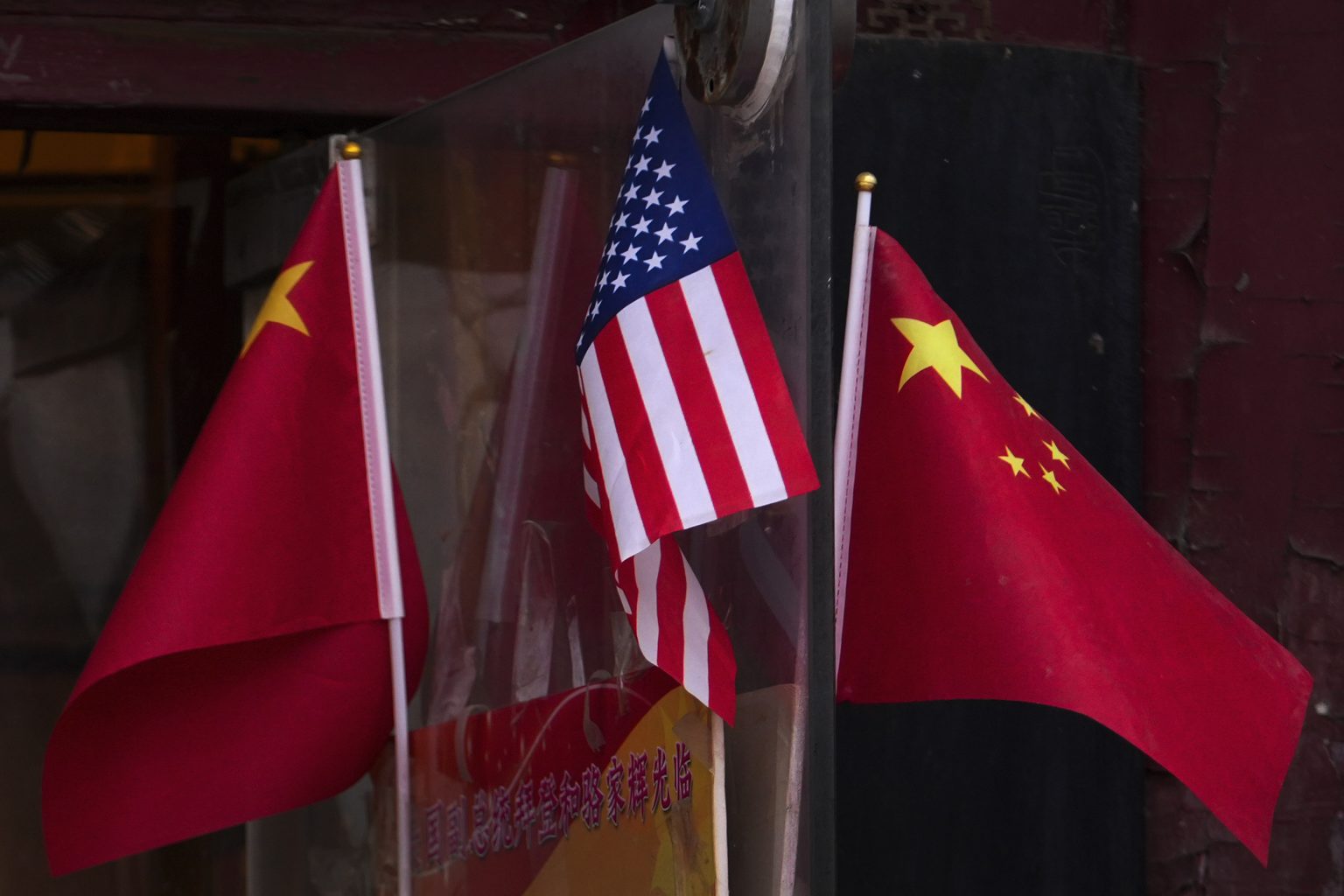Escalating Trade Tensions: China Retaliates Against US Tariffs
The global trade landscape has once again become a battleground as the United States and China engage in a tit-for-tat tariff war. The latest salvo was fired by China, which announced retaliatory tariffs on a range of US goods, including crucial energy resources and manufactured products. This action comes in direct response to the US imposing a 10% tariff on Chinese imports, a move that has further strained the already tense trade relationship between the two economic giants. The escalating trade dispute has raised concerns about the potential impact on global economic stability and the future of US-China relations.
China’s Ministry of Finance outlined the specifics of the retaliatory tariffs, which target key US exports. A 15% tariff will be levied on American coal and liquefied natural gas (LNG), while a 10% tariff will be imposed on crude oil, agricultural machinery, and large-engine cars imported from the US. These targeted tariffs appear strategically designed to impact significant sectors of the US economy, particularly the energy and automotive industries. The move signals China’s resolve to stand firm against what it perceives as unfair trade practices by the US.
The current trade tensions stem from a decision by US President Donald Trump, who signed an order seeking to impose significant tariffs on major US trading partners. The justification cited for these tariffs includes concerns over fentanyl flow into the US and persistent trade deficits. However, China has strongly criticized the US actions, labeling them as "unilateralism and trade protectionism" that violate World Trade Organization (WTO) rules. The Chinese government contends that the US tariffs undermine the foundation of economic and trade cooperation between the two nations.
The imposition of tariffs by both countries has sparked debate about the potential economic consequences. Tariffs, essentially taxes on imported goods, are typically paid by the importing businesses. These businesses, ranging from retailers to manufacturers, then often pass on the increased costs to consumers through higher prices. While tariffs are often implemented to protect domestic industries by making foreign goods more expensive, they can also lead to price increases for consumers and retaliatory measures from other countries, thereby escalating trade disputes.
In the current US-China trade war, the tariffs imposed by both sides create a complex web of economic impacts. For US businesses that rely on Chinese imports, the tariffs increase their costs, potentially squeezing their profit margins or forcing them to raise prices for consumers. Similarly, Chinese businesses exporting to the US face higher barriers to entry, potentially losing market share or reducing their profitability. The uncertainty surrounding the trade dispute also creates a challenging environment for businesses to make long-term investment decisions.
The ongoing trade tensions between the US and China have far-reaching implications for the global economy. The two countries are the world’s largest economies, and their trade relationship is deeply intertwined. Disruptions to this relationship can ripple through global supply chains, affecting businesses and consumers worldwide. Moreover, the escalating trade war raises concerns about the future of multilateral trade agreements and the rules-based international trading system. The situation calls for diplomatic efforts to de-escalate tensions and find a path towards a more stable and mutually beneficial trade relationship. The potential for further escalation remains a significant concern, with both countries holding considerable economic leverage. The impact on global markets and supply chains continues to be closely monitored as the situation unfolds. The resolution of this trade dispute will likely require negotiations and compromises from both sides to address the underlying concerns that have fueled the conflict.















